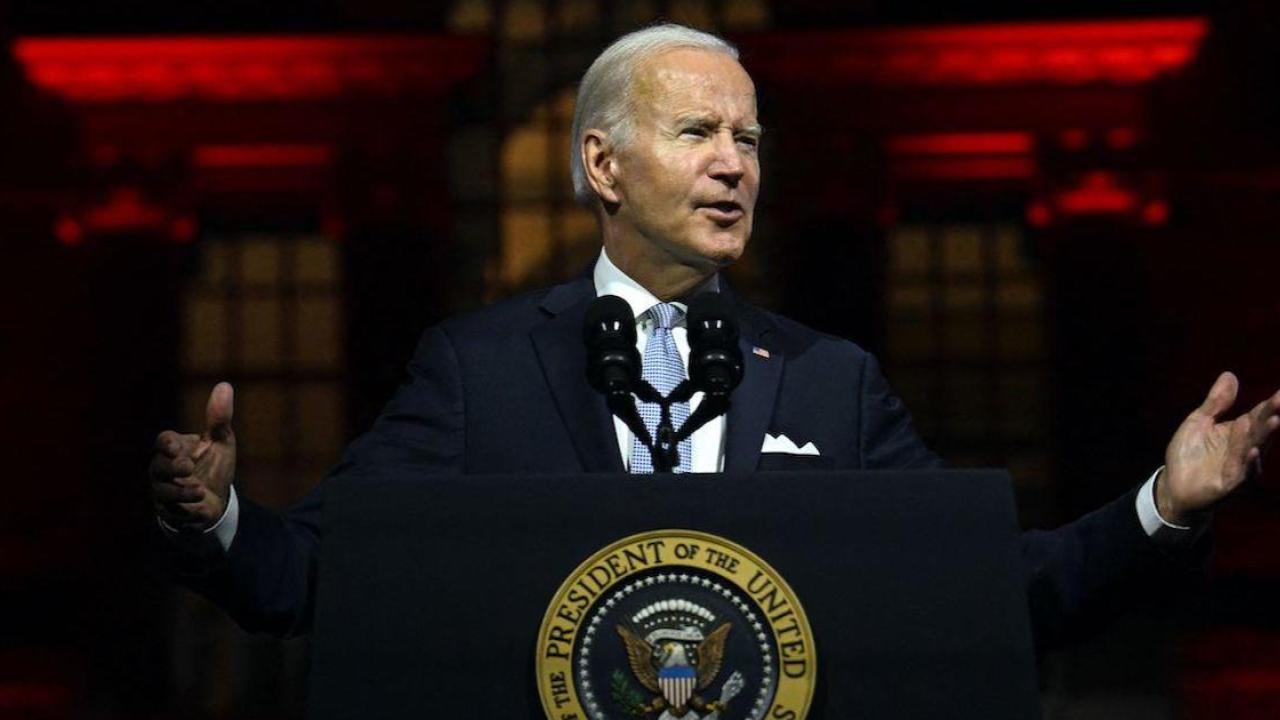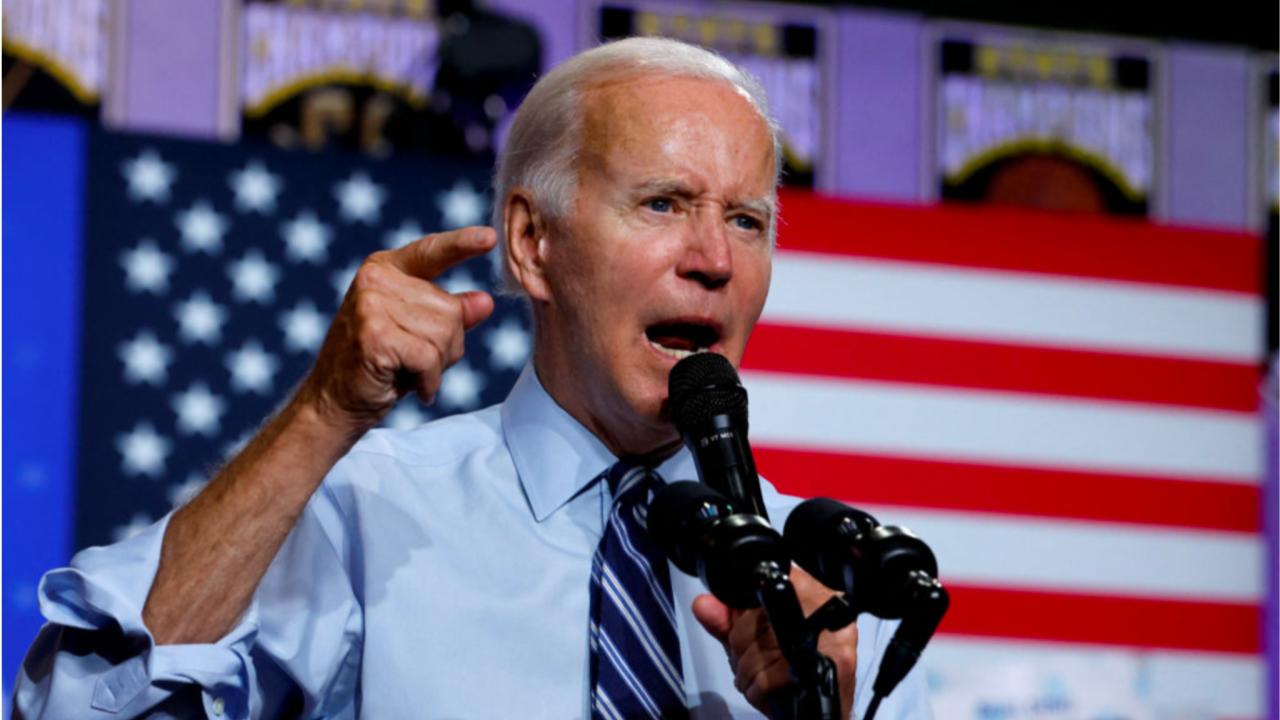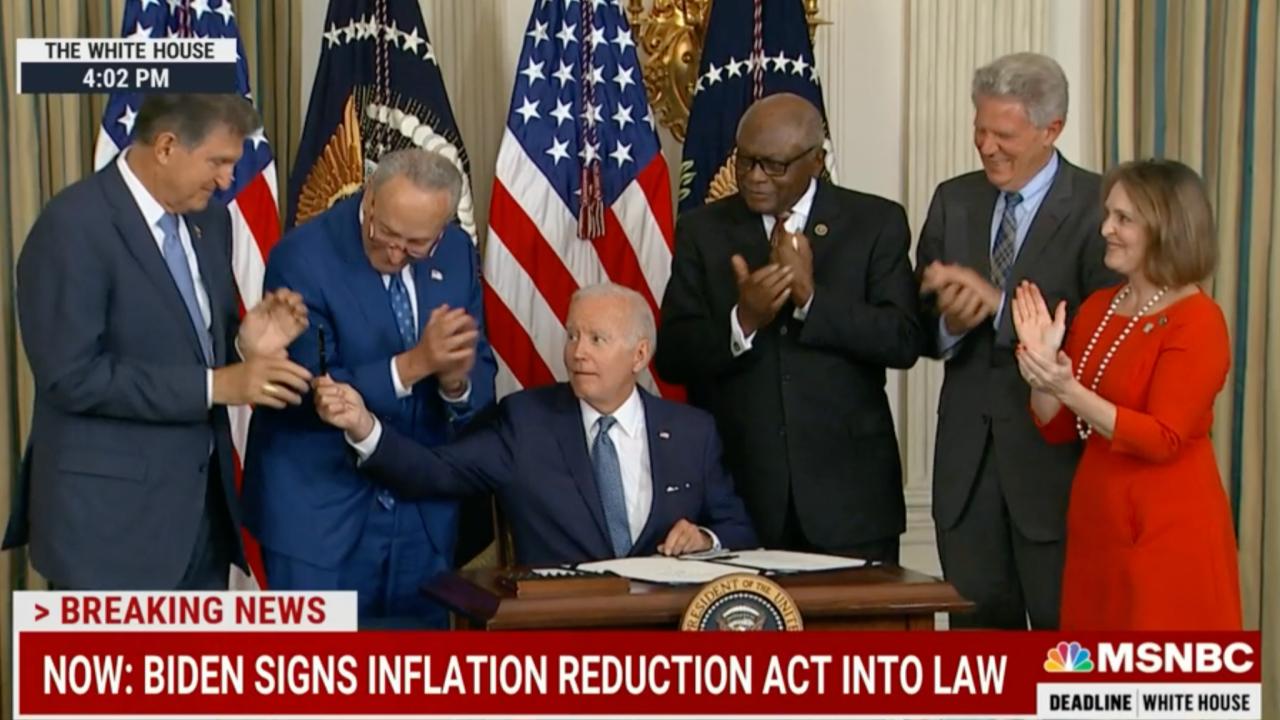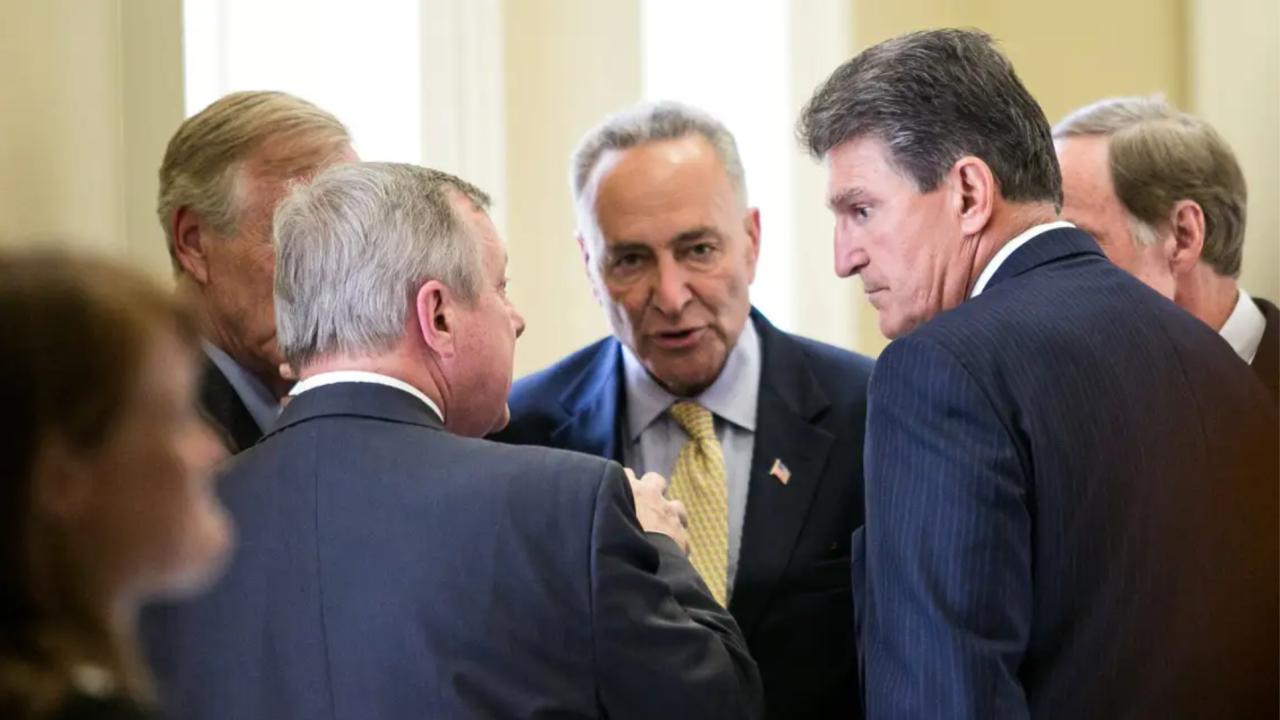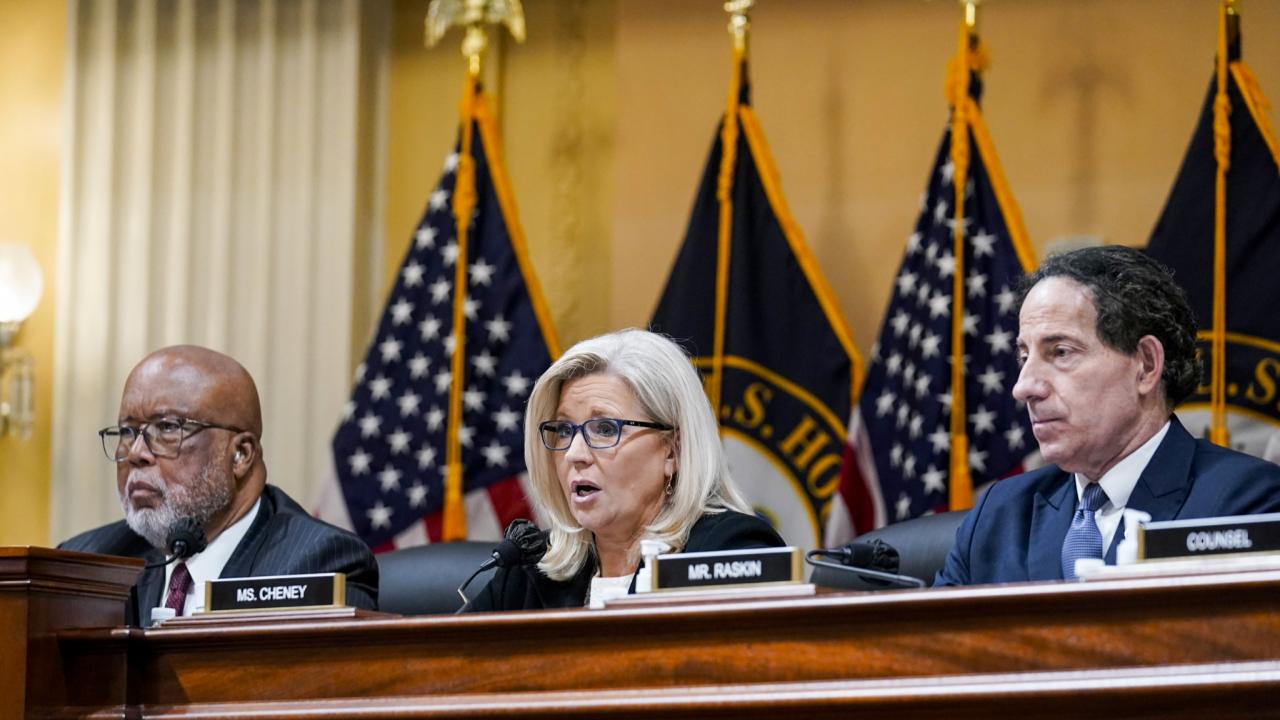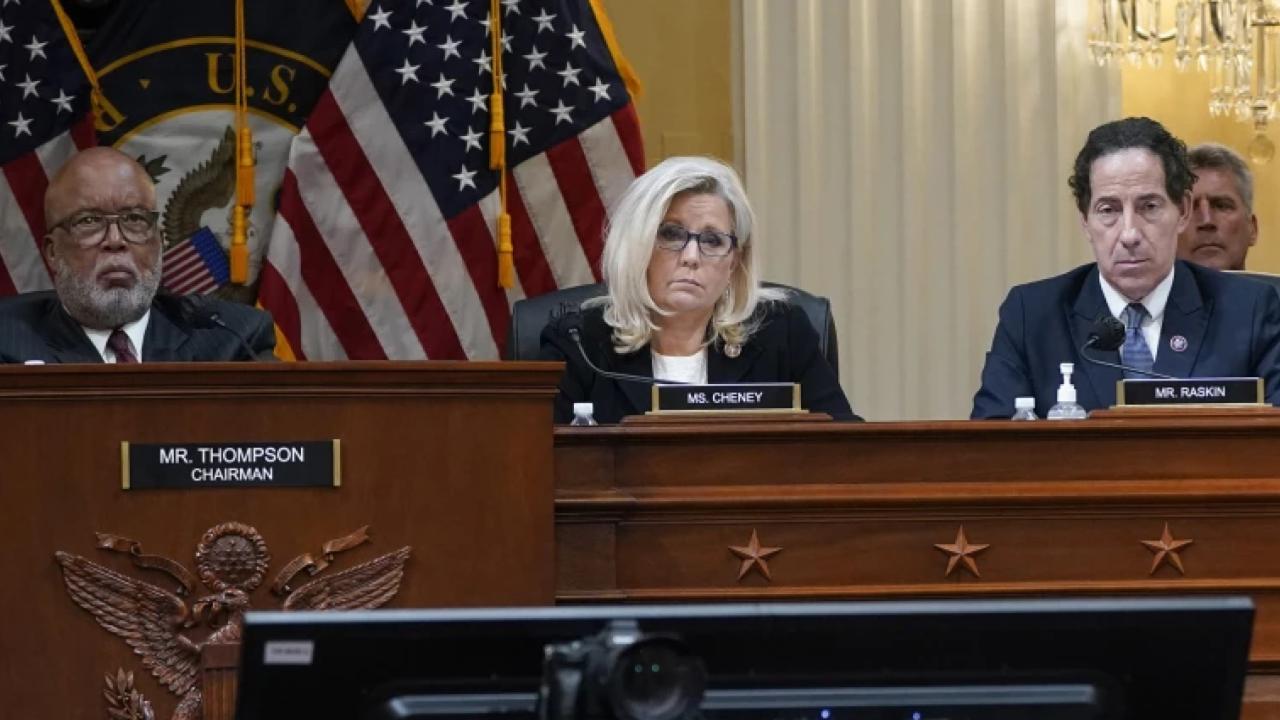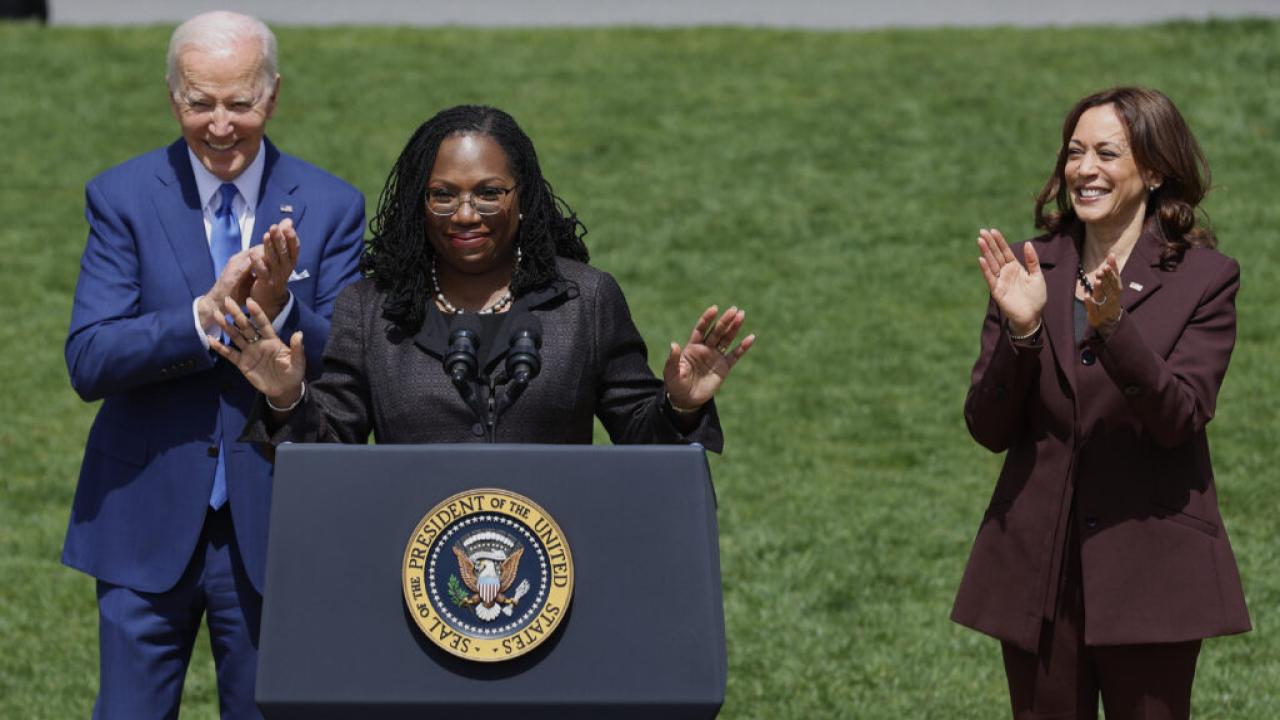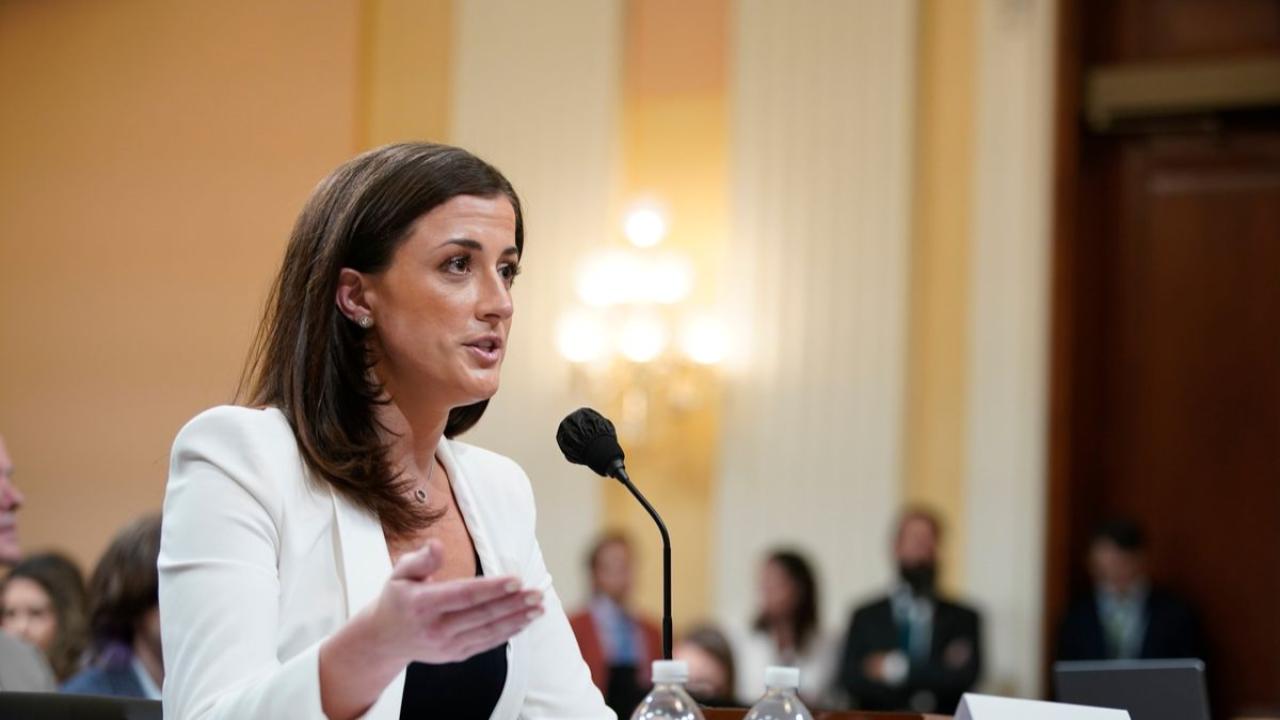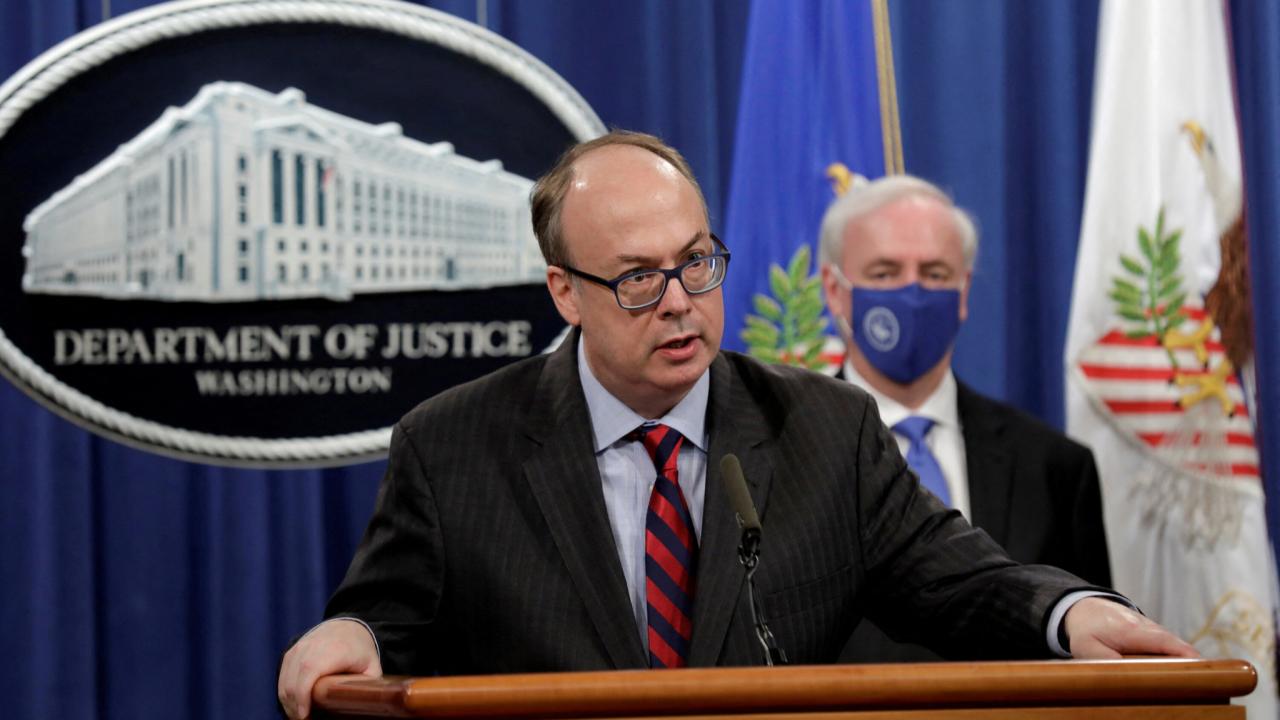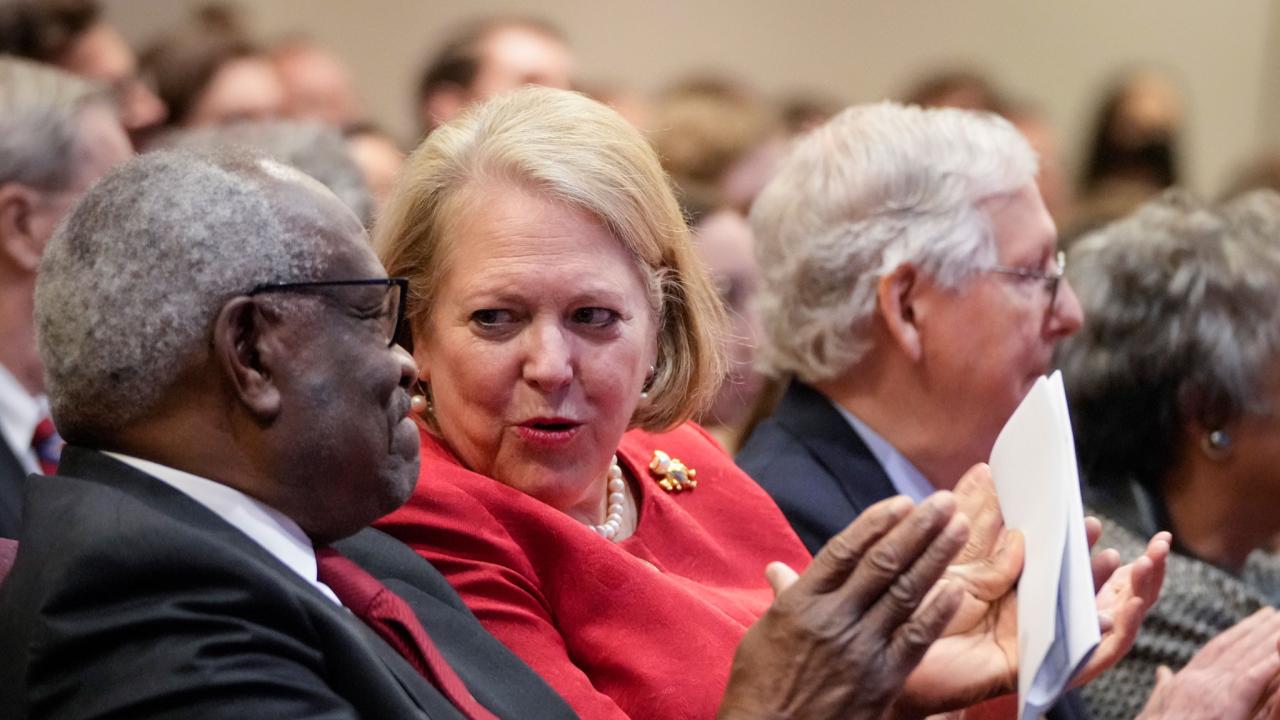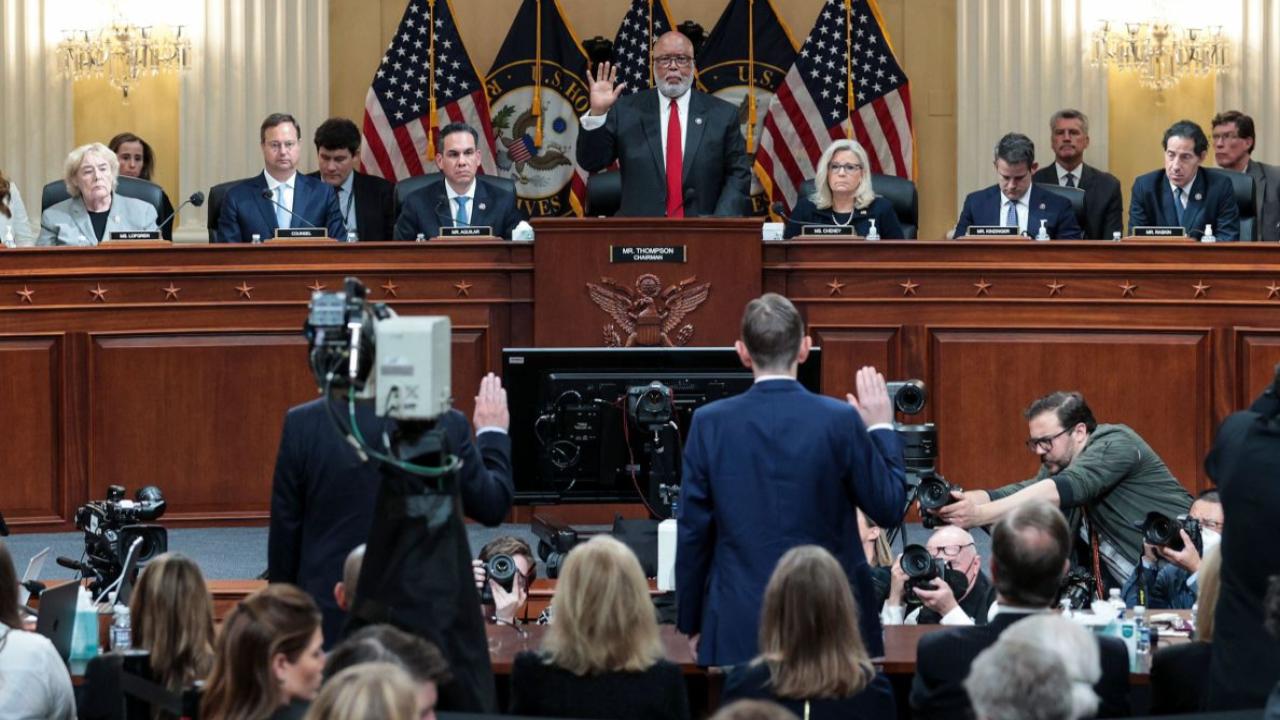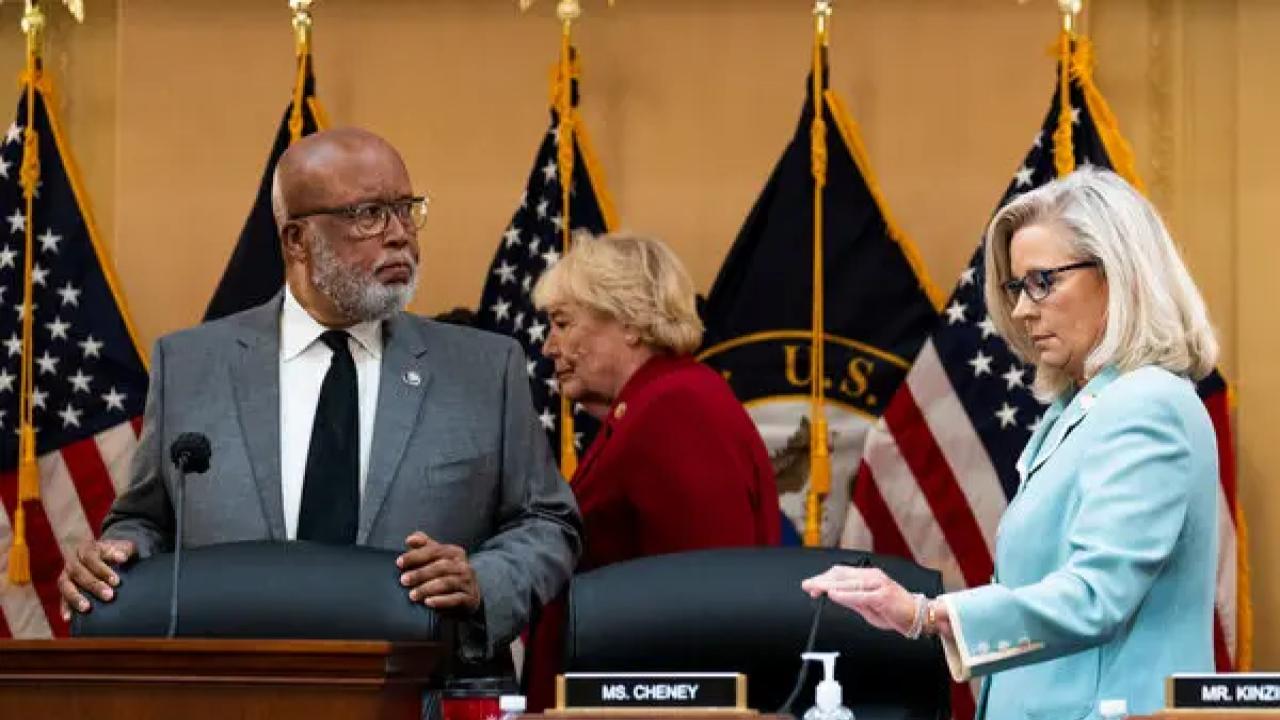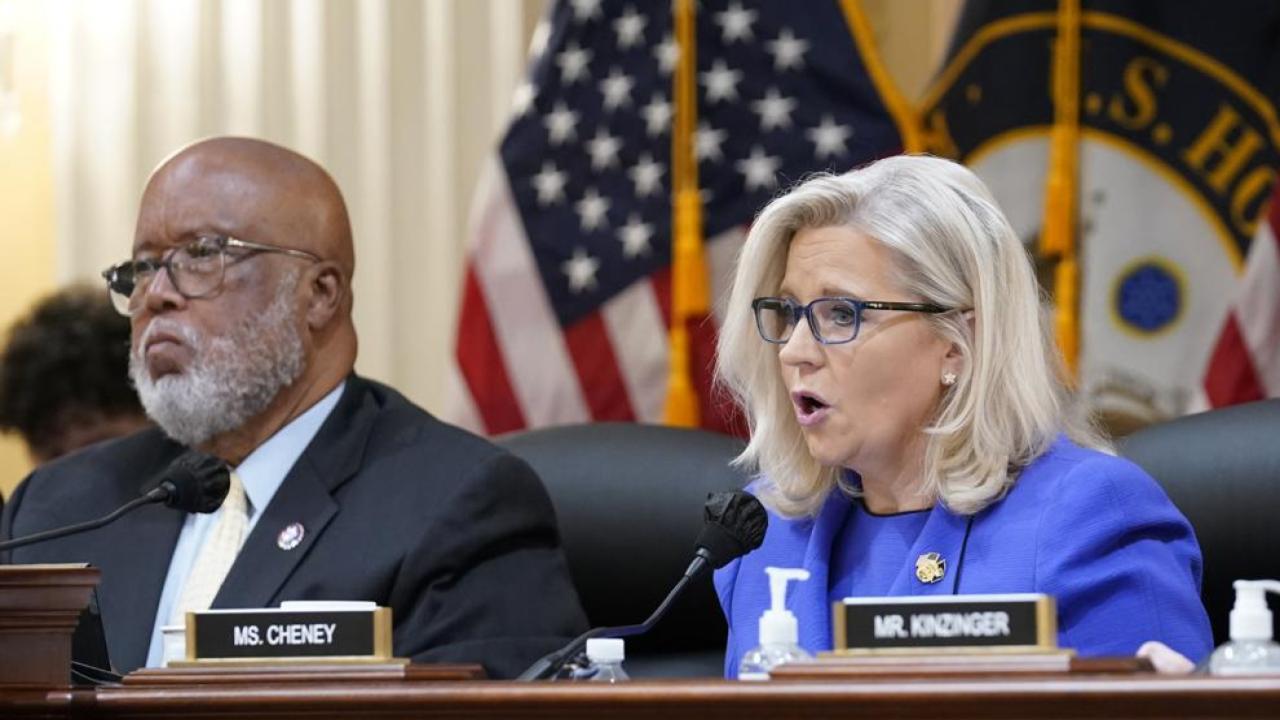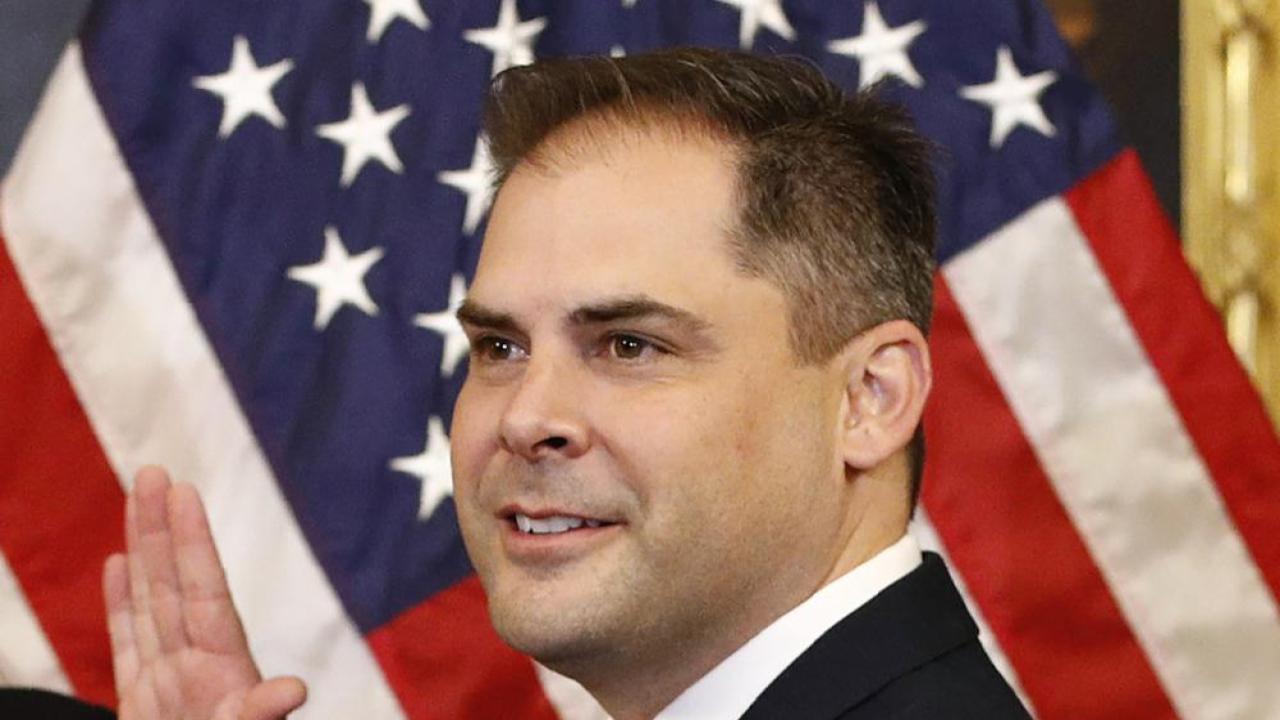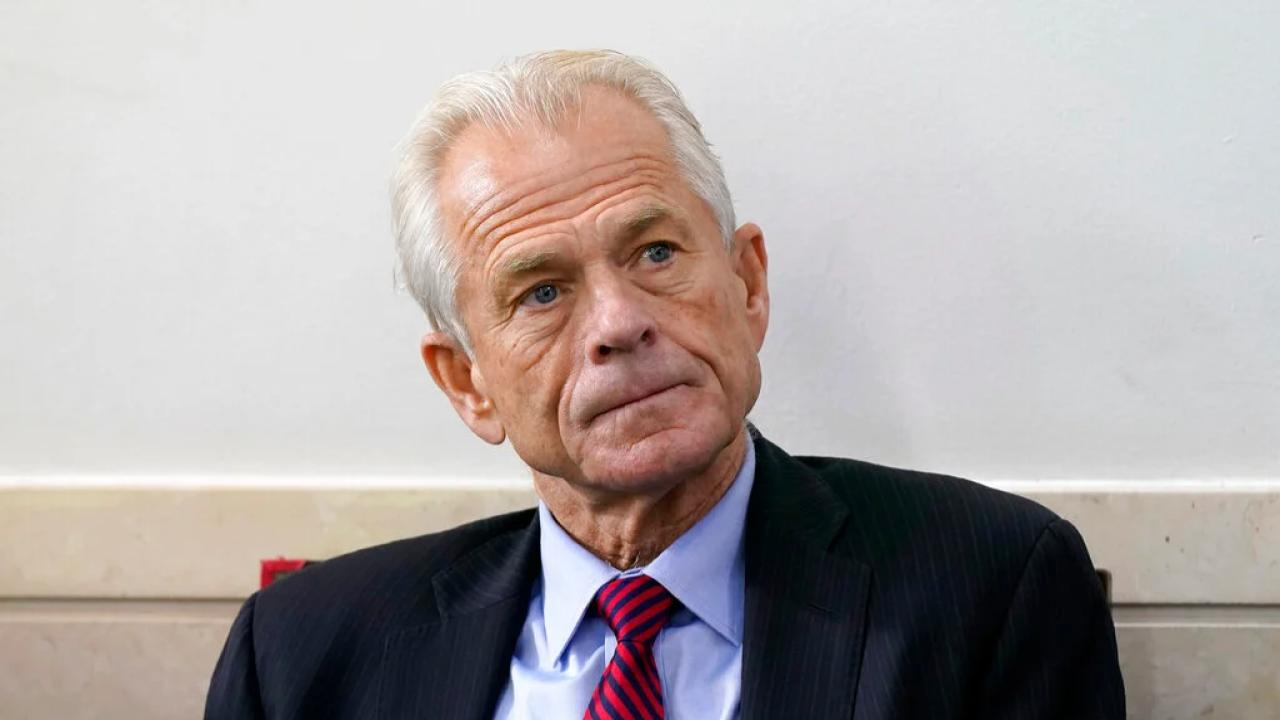News
PBS NewsHour – September 2, 2022 (05:48)
Even on the day that President Joe Biden delivered his most jarring warning yet that democracy is in severe danger, Donald Trump teased how he might use a new White House term to further erode that core American birthright.
At Independence Hall in Philadelphia, where Thomas Jefferson, John Adams and their fellow founders set the nation on a democratic path, Biden warned their legacy of government for the people by the people was in peril in one of the most stark prime-time speeches ever given by a president.
He warned that Trump and his fellow ideologues represent a dark, dangerous force bent on using lies and violence to crush the will of the majority.
“Donald Trump and the MAGA Republicans represent an extremism that threatens the very foundations of our republic,” Biden said in another energetic and passionate speech that belied the low-wattage tone of much of his term so far.
CNN, , August 31, 2022 – 3:00 pm to 3:26 pm (ET) (09:31)
https://www.cnn.com/2022/09/02/politics/judge-releases-full-detailed-inventory-from-the-mar-a-lago-search/index.html
Moderator: Connor Oatman, US onAir – connor.oatman@onair.cc
Aircaster: Ben Murphy, US onAir – ben.murphy@onair.cc
Featured Guest: Congressman Don Beyer, US House VA-08
Student Guests: Valentina Autolino, Frida Cervantes, Devin Pieczynski, Gabriel Yu from George Mason University. Students will be asking Congressman Don Beyer about his positions on a number of issues including abortion, guns, and funding college education.
US District Judge Aileen Cannon on Friday released a detailed inventory from the Mar-a-Lago search that the Justice Department previously filed under seal in court.
The search inventory released showed that classified documents had been mixed in with personal items and other materials in the boxes in which they were stored.
Federal investigators also retrieved more than 11,000 non-classified government documents.
One box containing documents marked with confidential, secret and top secret classification identifications also contained “99 magazines/newspapers/press articles,” according to the inventory from last month’s search filed in federal court in Florida.
Several other boxes detailed in the inventory contained documents marked as classified stored with press clippings, as well as with articles of clothing and gifts.
CNN, – September 2, 2022
Former President Donald Trump said Thursday he will “very, very seriously” consider full pardons for the rioters who breached the US Capitol on January 6, 2021, if he runs for reelection and wins.
“I will tell you, I will look very, very favorably about full pardons. If I decide to run and if I win, I will be looking very, very strongly about pardons. Full pardons,” Trump said on Wendy Bell Radio Thursday, adding: “We’ll be looking very, very seriously at full pardons because we can’t let that happen. … And I mean full pardons with an apology to many.”
Trump had made a similar promise during his final days in office when some of the January 6 rioters were already in jail. None, however, were pardoned before he left office.
Rep. Zoe Lofgren, a member of the House select committee investigating January 6, told CNN’s Victor Blackwell on “CNN Tonight” Thursday night that she found Trump’s pardon remarks “shocking,” especially after a January 6 rioter was sentenced earlier in the day to 10 years for assaulting a police officer.
PBS NewsHour – September 2, 2022 (01:40)
Like Seinfeld’s ‘Summer of George,’ this is an unwelcome turn for Republicans
Just as the “Seinfeld” episode “The Summer of George” concludes with a demoralized George Costanza laid up in a hospital, the 2022 political environment has taken an unexpected turn for the Republican Party. Gone are visions of grandeur involving 60 seat pick-ups in the House of Representatives and seizing back the Senate, replaced with growing doubts about GOP candidate quality. A recent Washington Post headline even declared, “Democrats see the once unthinkable: A narrow path to keeping the House.”
There are many factors driving this trend but underlying everything is a familiar name: Donald Trump. The search for documents at Mar-A-Lago did more than jolt a sleepy August to life: it thrust the former president into the headlines. It also prompted the GOP’s leading names — even those vying to be the party’s next standard bearer — to rush to his defense, at least in the short-term.
It allowed Democrats to insist that the Republican Party remains the party of Trump.
The 36-page filing was the department’s most detailed account yet of its evidence of obstruction of justice.
Prosecutors obtained a search warrant for former President Donald Trump’s Mar-a-Lago estate after receiving evidence that there was “likely” an effort to conceal classified documents there in defiance of a grand jury subpoena, a new Justice Department court filing released Tuesday night said.
The 36-page filing was the department’s most detailed account yet of its evidence of obstruction of justice, raising concerns that Trump and his attorneys sought to mislead investigators about the sincerity and thoroughness of their effort to identify and return highly sensitive records to the government.
“The government also developed evidence that government records were likely concealed and removed from the Storage Room and that efforts were likely taken to obstruct the government’s investigation,” Justice Department counterintelligence chief Jay Bratt wrote.
Workhorses, not show horses: Five ways to promote effective lawmaking in Congress
Americans dislike Congress, especially when it fails to act on pressing problems. They are then surprised by legislative accomplishments on climate change, gun control and maintaining competitiveness with China.
But Congress does much more on a daily basis than deal – or fail to deal – with high-profile issues.
We have spent more than a decade exploring the thousands of bills and hundreds of laws produced by members of Congress each year. We find that individual representatives and senators vary dramatically in how interested they are in lawmaking and how effectively they advance their proposals. And we see opportunities to build a better Congress.
We have devised and generated a “Legislative Effectiveness Score” for each member of the House and Senate for each two-year Congress for the past 50 years. These scores are based on 15 metrics, capturing how many bills each lawmaker sponsors, how far they progress toward law and how substantively significant they are. The scores are politically neutral, with members of both parties scoring higher upon advancing whatever policies they think are best.
Voters can use these scores to see how their political representatives have fared in this measure, perhaps finding them among the 23% of representatives or 19% of senators who were highly effective in the most recently completed Congress. And researchers use them to determine the factors that make lawmakers effective in Congress.
Based on our work, we have identified five ways that legislators, reformers and voters can help promote effective lawmaking in Congress.
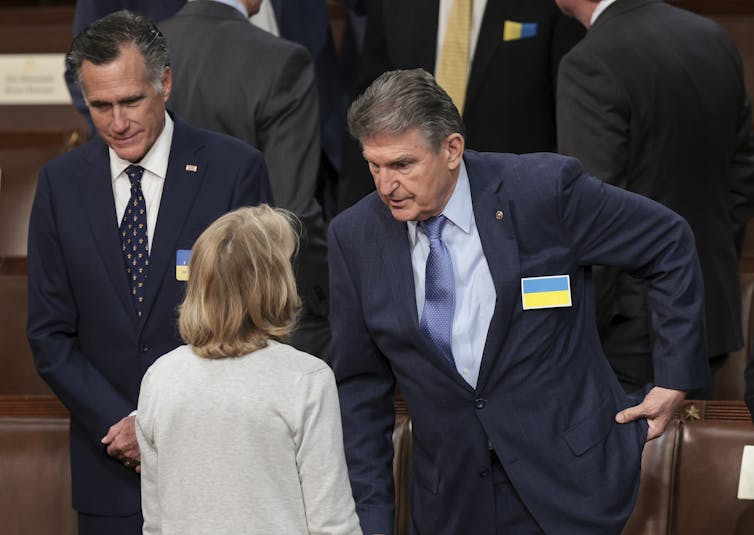
1. Lawmakers can focus their legislative agendas on their interests, committee assignments and constituency needs
Members of Congress face many demands on their time. They are almost always campaigning or raising money for the next election. Their time on Capitol Hill is punctuated with committee meetings and calls to votes on the House or Senate floor.
Such pressures leave little time to formulate new policies, build coalitions and advance their proposals. Effective lawmakers do not have more time than others – they simply align these various activities toward a common goal of lawmaking.
Effective lawmakers introduce bills that combine their own interests and passions with the needs of their constituencies and their committee assignments.
Thus, time spent away from Washington, in their home states and districts, is focused on identifying the policy needs of their constituents and highlighting their policy successes; time in committee is spent making and refining their policy proposals; time milling around between votes is used to build coalitions.
For the effective lawmaker, all these different activities form a coherent whole.
2. Legislators can view lawmaking as a team sport
No member of Congress can accomplish anything by himself or herself. Effective lawmakers recognize this and build a successful team.
Our analysis found that effective lawmakers avoid the pitfall of hiring loyal campaign staffers to handle the legislative work of their offices. Starting on Day One, they hire – and subsequently retain – legislative staff who have extensive experience on Capitol Hill.
They then join with like-minded colleagues to take advantage of the added resources provided by legislative caucuses, such as additional staff support and independent policy analyses, apart from the help provided by party leadership.
Moreover, for effective lawmakers, their team is not limited to their political party. Those willing to co-sponsor bills written by members of the other party find more bipartisan support for their own efforts. Our analysis demonstrates that such bipartisan lawmakers are the most successful at advancing their bills through Congress.
3. Lawmakers can specialize and develop policy expertise
Members of Congress need to be generalists to vote knowledgeably on diverse policy topics on any given day. Many take that generalist view to their lawmaking portfolio, sponsoring legislation in each of the 21 major issue areas addressed by Congress.
But we find that the most effective lawmakers dedicate about half of their time, attention and legislative proposals to a single issue area. By becoming an acknowledged experts in issues of health or education or international affairs, for example, lawmakers become central to policy formulation in their area of interest.
4. Reforms can reinforce good lawmaking habits
Individual lawmakers in Congress could adopt any of the practices above to become more effective. But institutional reforms could help reinforce such good behaviors.
The Select Committee on the Modernization of Congress has put forward dozens of reform proposals in the House of Representatives over the past three years. Based on our extensive research, we believe the proposals that would attract and retain experienced staff, promote bipartisanship or encourage the development of expertise through committee-centered lawmaking can increase the lawmaking effectiveness of Congress as a whole.
5. Voters can reward effective lawmaking
Without electoral rewards for effective lawmaking, members of Congress may focus on being show horses rather than legislative workhorses.
The role of voters starts with the initial selection of candidates. Voters might consider whether candidates demonstrate policy expertise and speak about the benefits of bipartisanship, for example. They might consider our analysis showing that effective state legislators and women tend to be more effective lawmakers in Congress, on average.
Among incumbents, voters do strongly prefer effective over ineffective lawmakers at reelection time. However, when voters lack credible information about how effective their representative is, it is much easier to vote simply based on partisanship or other considerations.
On the whole, Congress can function much better. Effective lawmakers from the past have shown the path forward. Our analysis of 50 years of data offers lessons that any representative or senator can adopt, as well as reforms and electoral pressures that can nudge them in the right direction.
Why the forecast for November is changing
It was a referendum. Now it’s a choice.
For political professionals in both parties, that’s the capsule explanation for why the Democratic position in the midterm elections appears to have improved so much since summer began.
When the election looked to be primarily a referendum on the performance of the Democrats who control the White House and Congress, Republicans were optimistic that a towering “red wave” would carry them to sweeping gains in November.
But with evidence suggesting more voters are treating the election as a comparative choice between the two parties, operatives on both sides are bracing for a closely contested outcome that could include an unusual divergence in results for the House and those in Senate and governor races.
NPR’s Tamara Keith and Amy Walter of the Cook Political Report with Amy Walter join Lisa Desjardins to discuss the latest political news, including how recent developments surrounding abortion, gas prices, student loan relief and the investigation into former President Trump could mean competition for control of Congress will be tighter than many expected just a few months ago.
Talk of street violence and ‘semi-fascism’ turns up midterm election heat
America’s political climate is hitting a late summer boiling point, as a leading GOP senator warns of street violence if Donald Trump is indicted and President Joe Biden charges that his predecessor’s party is consumed by “semi-fascism.”
The blunt rhetoric previews what promises to be one of the most bitter midterm election campaigns in modern times, which could again test national unity and the voting system, following Trump’s falsehoods about a stolen election in 2020.
Predictions of violence and warnings of extremism on the march are especially jarring given the mayhem that unfolded after the last time America voted for president, when insurrectionists incited by Trump ransacked the US Capitol and threatened to fracture the bedrock institutions of American democracy.
An already toxic political atmosphere ahead of November’s midterms has been further poisoned by the furious reaction to the search of Trump’s Mar-a-Lago resort and residence, including threats to the FBI, which was looking for missing classified documents. South Carolina Sen. Lindsey Graham warned on Fox on Sunday of “riots in the street” if the ex-President faces charges over his retention of classified documents. After a day of negative reaction to his comment, he insisted on Monday that he rejects violence.
Republican Senate candidate Blake Masters scrubbed language on campaign website saying the 2020 election was stolen from Trump
Arizona Republican Senate nominee Blake Masters removed language from his website following his primary win that included the false claim that the 2020 election was stolen from former President Donald Trump, along with a section arguing the country would be better off if Trump was still the president.
A review of Masters’ website by CNN’s KFile showed he also removed controversial language saying Democrats were trying to “import” a new electorate — language that has drawn fire for mirroring far-right conspiracies that Democrats are trying to weaken the power of native-born Americans of European descent through mass immigration of non-White immigrants.
Arizona GOP Senate candidate attempts to soften anti-abortion stance in pivot to general election
Both stances were on Masters’ website on August 1, the day before he won the Republican primary to take on Democratic Sen. Mark Kelly in the closely watched Senate race. The sections were gone by August 26, according to screenshots from the Internet Archive’s Wayback Machine.
You are more powerful than you think.”
That’s the title of one of Eric Liu’s most popular books, but it’s also a theme that runs throughout the work of the author and activist. He’s spent much of his life trying to persuade people that “democracy still works, and is worth believing in.”
Liu, 54, is CEO and co-founder of Citizen University, a nonprofit group based in Seattle, Washington, that teaches people how to cultivate civic power. He also is an evangelist for democracy, a charismatic writer and speaker whose philosophy could be distilled in this observation from the late historian Howard Zinn: “Democracy is not what governments do; it’s what people do.”
“I am a Democrat, but I am not a partisan for my party. I am a partisan for democracy,” Liu told CNN.
Liu’s optimism may seem misplaced today. One recent poll found that 64% of Americans believe their democracy is “in crisis and at risk of failing.” Another recent poll found 72% of Americans say the US used to be a good model of democracy, but not in recent years. More than half of Americans now say they expect a civil war to erupt in the near future.
Kennedy Space Center, Florida (CNN)It’s a day that has been years in the making.
Launch day has finally arrived for the uncrewed Artemis I mission to liftoff on a journey around the moon. Tune in to NASA’s website and TV channel to watch the final preparations and witness the launch.
Appearances by celebrities like Jack Black, Chris Evans and Keke Palmer and performances of “The Star-Spangled Banner” by Josh Groban and Herbie Hancock and “America the Beautiful” by The Philadelphia Orchestra and cellist Yo-Yo Ma are also part of the program
It’s a sight to behold as the 322-foot-tall (98-foot-tall) stack, consisting of the Space Launch System rocket and Orion spacecraft, glows in the early morning darkness at NASA’s Kennedy Space Center in Florida.
The Artemis 1 mission’s first launch attempt is scheduled for Aug. 29, 2022. Launch through splashdown back on Earth is explained by NASA flight directors. — NASA’s most powerful rocket to launch risky moon mission test flight: https://www.space.com/artemis-1-moon-…
August 29, 2022 – 6:00 pm (ET)
September 2, 2022 – 8:30 am (ET)
The launch of NASA’s historic Artemis I moon mission has been postponed after the team was unable to work through an issue with one of the rocket’s four engines.
“It’s too early to say what the options are,” said Mike Sarafin, Artemis mission manager at a NASA press conference. “We really need time to look at all the information, all the data. We’re going to play all nine innings here. We’re not ready to give up yet.”
The next opportunity to send the Space Launch System rocket and Orion spacecraft on their journey is September 2, but whether or not another attempt is made that day depends on how testing goes.
Sarafin confirmed that “Friday is definitely in play” if the team can resolve the issue while the rocket sits on the pad within the next 48 to 72 hours.
The next launch window is September 2, opening at 12:48 p.m. ET and closing at 2:48 p.m. ET.
The next window after that is September 5, opening at 5:12 p.m. ET and closing at 6:42 p.m. ET.
“Launch controllers were continuing to evaluate why a bleed test to get the RS-25 engines on the bottom of the core stage to the proper temperature range for liftoff was not successful, and ran out of time in the two-hour launch window,” according to an update from NASA. “Engineers are continuing to gather additional data.”
